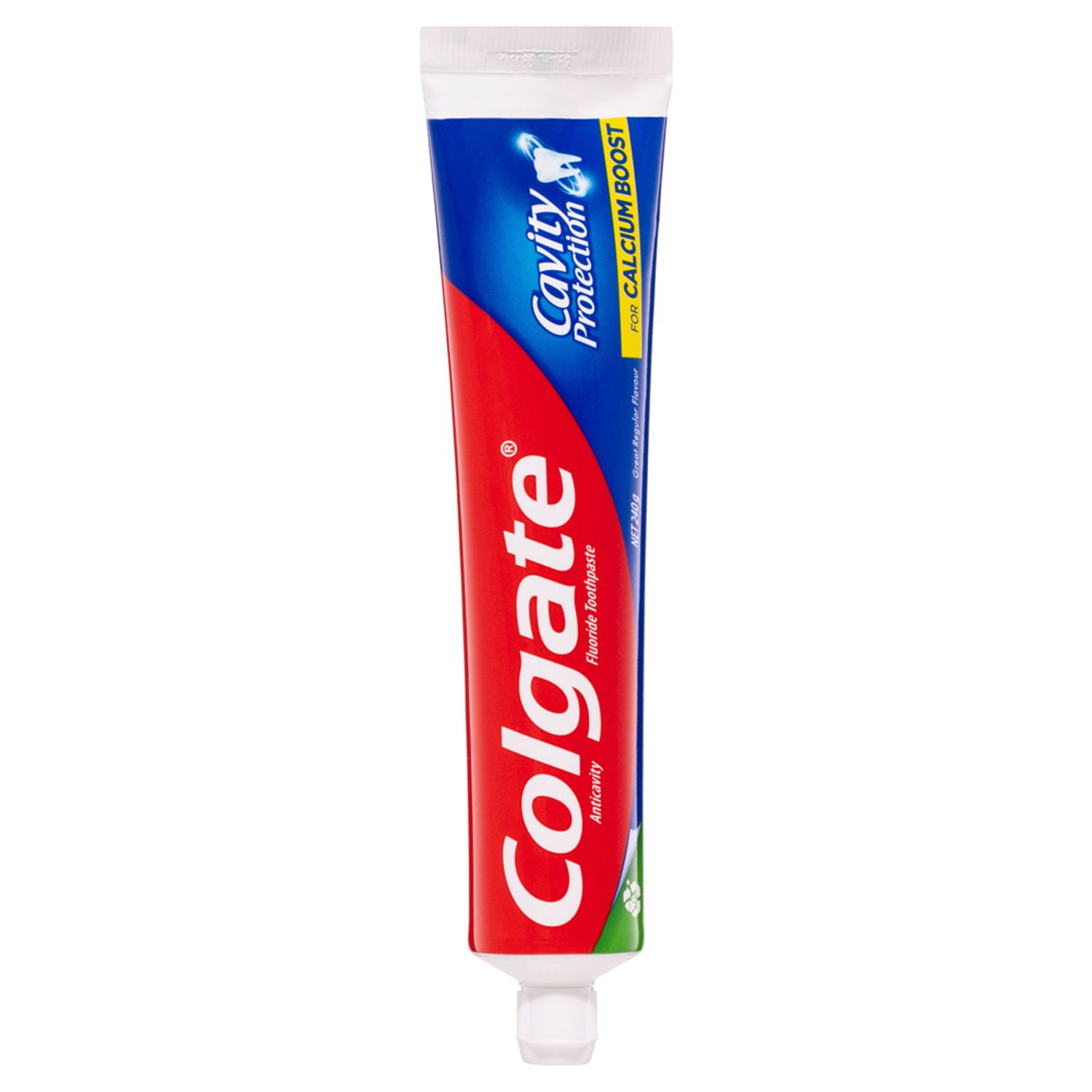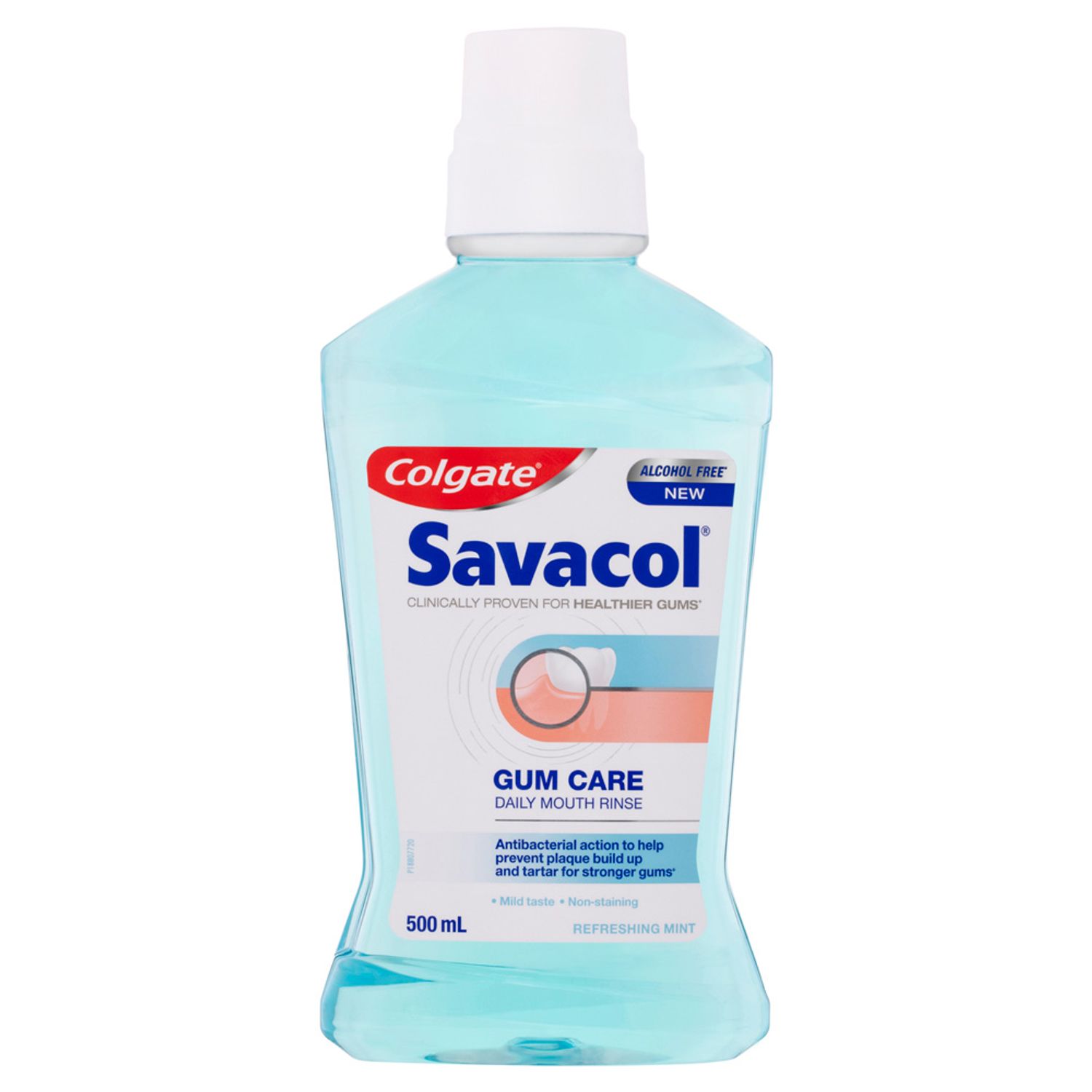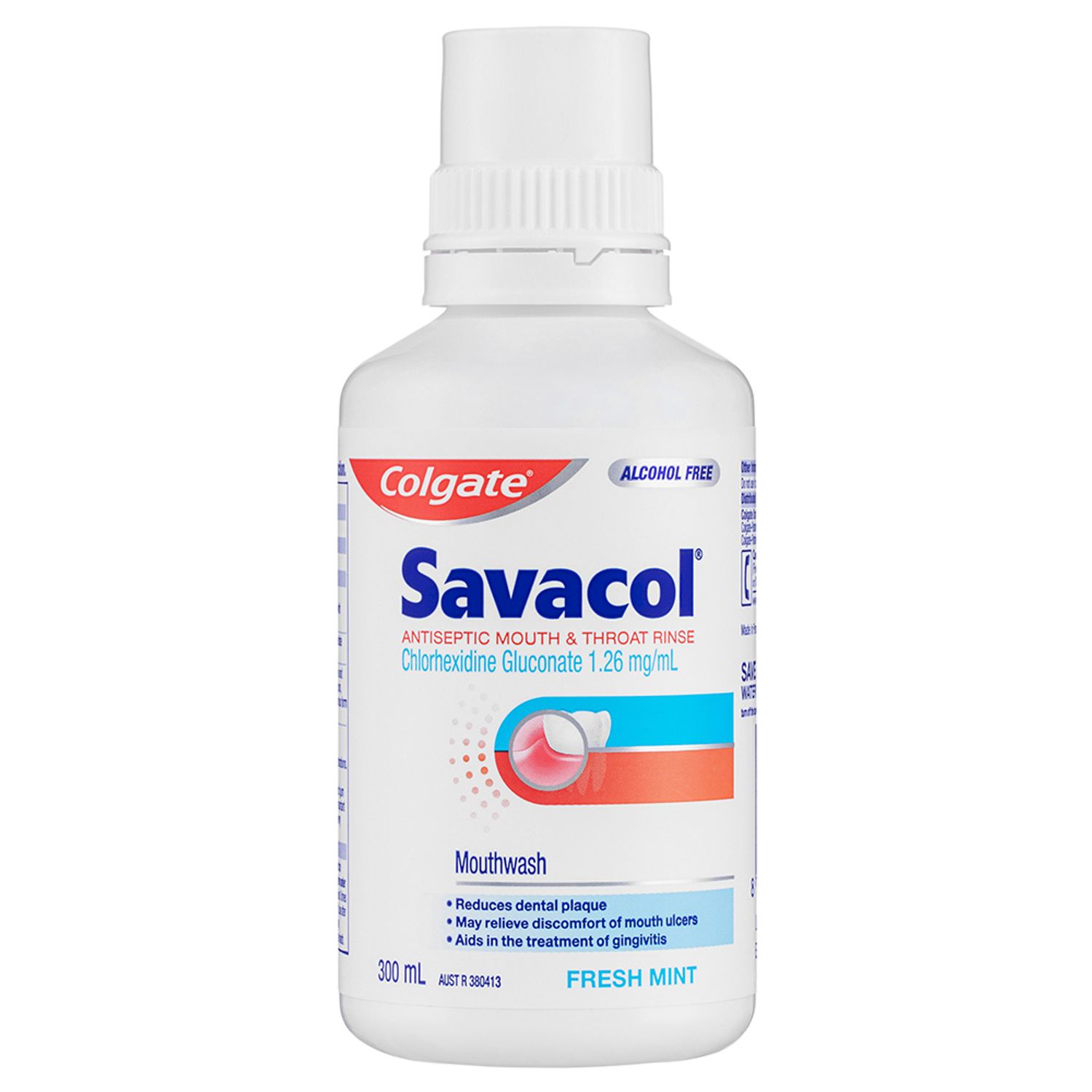Cleft lip and palate can cause the physical appearance of the face to appear incomplete at the lips, and creates difficulties in both speech and eating. The child may also experience ear infections, along with a misaligned bite – which is common in kids regardless of their palate's condition.
Genetic Risk
In most cases, the cause of cleft lip and palate is unknown, so the condition cannot be directly prevented. Nonetheless, it is believed that oral clefts happen due to a combination of genetic and environmental factors. There appears to be a greater chance of clefting in a newborn if a sibling, parent or relative has had the problem as well. The condition may have also come from the mother's exposure to something infectious or unsanitary while her fetus was still in the womb.
Habits and Medications
Another potential cause may be related to a medication a mother may have taken during her pregnancy. Whether it's an anti-seizure or anticonvulsant, acne solution containing accutane or methotrexate – a drug used against cancer, arthritis and psoriasis – or another drug entirely, prescriptions have workarounds for which you can speak to your general practitioner if you're expecting. Most known risks, however, are specific to your bodily state: Smoking cigarettes or experiencing a folic acid deficiency, according to the U.K. National Health Service (NHS), both have known connections to the birth defect.
Who Suffers?
According to the Cleft Palate Foundation, cleft palate is the most common birth defect in the United States. Approximately one out of every 594 newborns per year in the U.S. is affected. And according to the World Health Organization (WHO), approximately one in 500 to 700 children is born with a cleft palate somewhere in the world. Because of its effects, treating cleft palate can require different types of specialists, including a plastic surgeon, a speech/language pathologist, an orthodontist, an otolaryngologist (a doctor trained in ear, nose and throat problems) an oral surgeon, a dentist and/or an audiologist.
Closing the Gap
Cleft lip and palate is normally diagnosed at birth and can be corrected through surgery, usually performed between the ages of nine and 18 months. Depending on the severity of the defect, more than one procedure may be necessary. During surgery on cleft palate, doctors will close the hole between the roof of the mouth and the nose.
If your child suffers from this condition, take him or her to see a paediatric dentist, who can monitor tooth development and oral health from an early age. More than any other time, it is imperative that your baby's oral cavity be kept as clean as possible. Oral hygiene must be diligently tackled to prevent any other factors from starting, especially decay. Using
My First Colgate™ toothpaste can help with the daily removal of plaque to avoid early oral health problems. With all the resources at your disposal today, children who suffer from cleft palate can absolutely overcome the condition and grow into happy, healthy adults.
This article is intended to promote understanding of and knowledge about general oral health topics. It is not intended to be a substitute for professional advice, diagnosis or treatment. Always seek the advice of your dentist or other qualified healthcare provider with any questions you may have regarding a medical condition or treatment.














